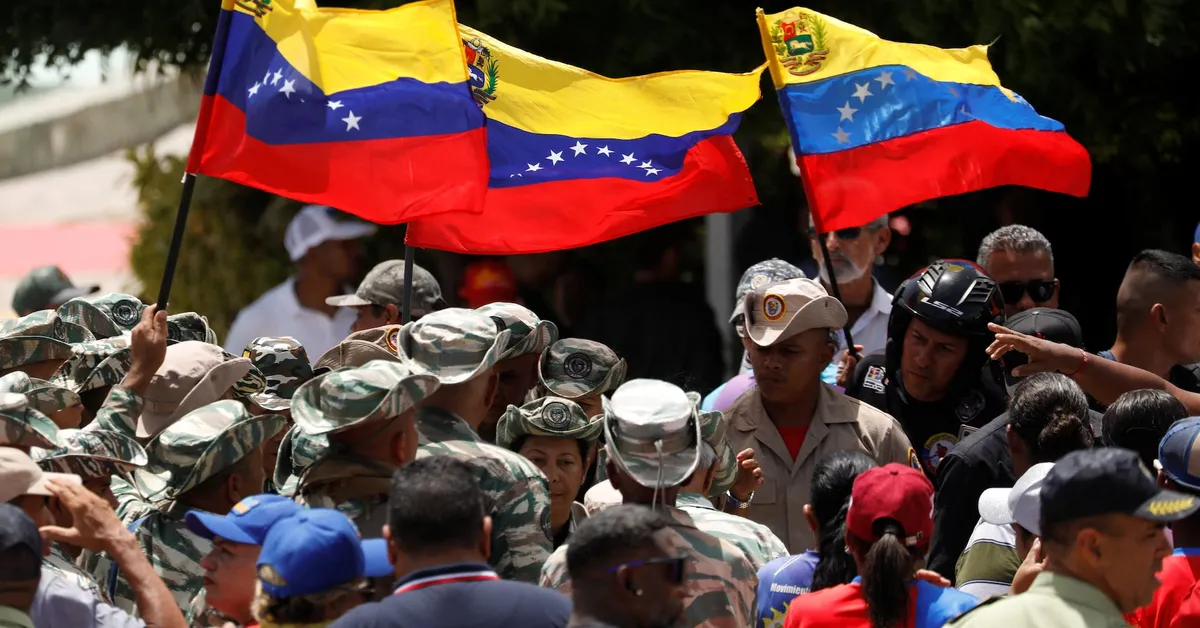
Caracas, September 7 (Reuters) - In a decisive move to combat the escalating issue of drug trafficking, Venezuela announced on Sunday that it will significantly increase its military presence in coastal regions. This development comes shortly after the United States ordered the deployment of an additional 10 fighter jets to Puerto Rico, aimed at enhancing operations against drug cartels in the region.
Venezuelan President Nicolas Maduro has instructed Defense Minister Vladimir Padrino to deploy additional troops specifically in the Guajira region of Zulia state and the Paraguana peninsula in Falcon. Padrino emphasized that these areas are known routes for drug trafficking, necessitating a robust military response. He stated that the current military presence, which includes approximately 10,000 troops in Zulia and Tachira, will be expanded to include a total of 25,000 troops across various coastal states.
The Venezuelan military's presence will also increase in strategic locations such as the island of Nueva Esparta and the states of Sucre and Delta Amacuro. This expansion reflects Venezuela’s commitment to taking control of its territory and fighting against drug trafficking operations that threaten national security. Padrino asserted, "No one is going to come and do the work for us. No one is going to step on this land and do what we're supposed to do,” highlighting the nation's resolve to address the issue independently.
The recent military maneuvers come amidst heightened tensions between Venezuela and the United States. Following President Donald Trump's announcement of a new strategy to combat illegal narcotics, the deployment of U.S. fighter jets marks a significant military buildup in the Caribbean. This escalation follows a recent U.S. military strike that reportedly killed 11 individuals and sank a Venezuelan vessel allegedly transporting drugs.
President Maduro has accused the United States of attempting to instigate regime change in Venezuela. In response, Trump has denied such intentions, yet he compared the devastating impact of drug overdoses in the U.S. to casualties of war, justifying the increased military presence in the region. Reports indicate that Trump is considering further military options, including potential strikes against drug cartel targets within Venezuela, which would represent a significant escalation in U.S. military involvement.
This situation continues to evolve, with both nations on high alert regarding their military strategies and responses to the growing issue of drug-related violence and trafficking. The international community is watching closely as Venezuela seeks to reclaim control over its territories while navigating complex geopolitical tensions.